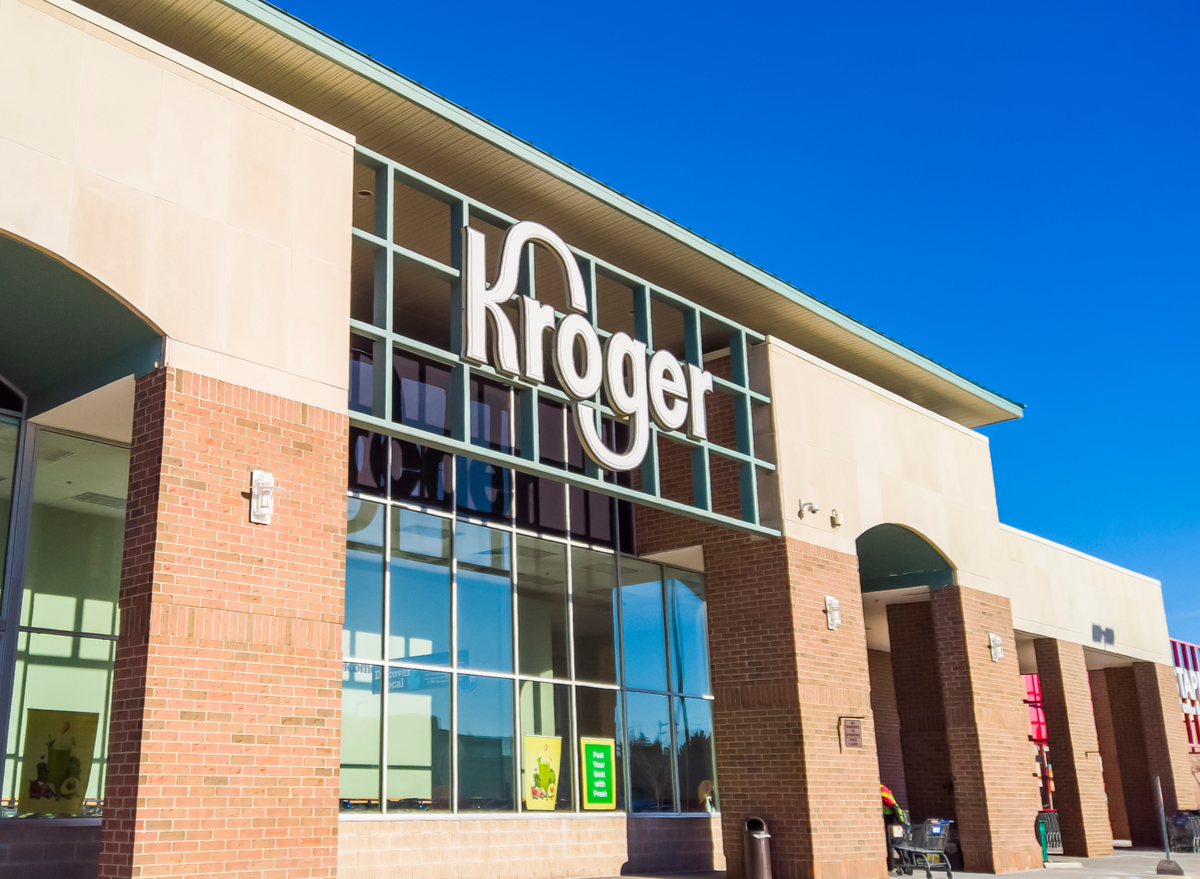Here's Why the Kroger-Albertsons Merger Could Spell Major Trouble for Customers

As customers struggle to grapple with soaring food costs, and as inflation continues to rise, one massive supermarket merger threatens to do even more damage to our wallets.
Kroger announced earlier this month plans to purchase Albertsons in a $24.6 billion deal that would combine various chains throughout the United States, including Ralphs, Mariano's, Fred Meyer, Safeway, and Vons. The mega-merger would give the company a total of about 5,000 stores throughout 48 states, accounting for about one-fifth of the grocery market in the United States, according to The Guardian.
But the big issue with a merger of this size is the concept of a monopoly. With fewer players in the grocery industry, prices could potentially grow unchecked, with customers having little choice but to pay them. A study by the Federal Trade Commission (FTC) confirms this, finding that mergers in highly concentrated markets frequently lead to price increases.
"I'm deeply concerned about the consumer choice aspects of this," Christine Bartholomew, a law professor at the University of Buffalo who practiced antitrust and consumer protection law, told The Guardian.
Store closures are also another likely result of the merger, especially in neighborhoods that have both Albertsons and Krogers locations, as the companies are likely to consolidate their assets. This could lead to food desserts in areas where grocery options are scarce.
"Anticompetitive mergers have real impacts on everyday people," said D.C. Attorney General Karl Racine, who is leading a group of state attorneys general calling for an investigation into the merger. "We're deeply concerned about the level of concentration in essential industries, such as grocery stores. And we're asking Albertsons to not proceed with the payout while we thoroughly assess whether this merger is anti-competitive, anti-consumer or anti-worker."
Although Kroger's and Albertsons' boards approved the merger, states must also review and approve the deal—so it is still a long way from closing as expected in early 2024.








